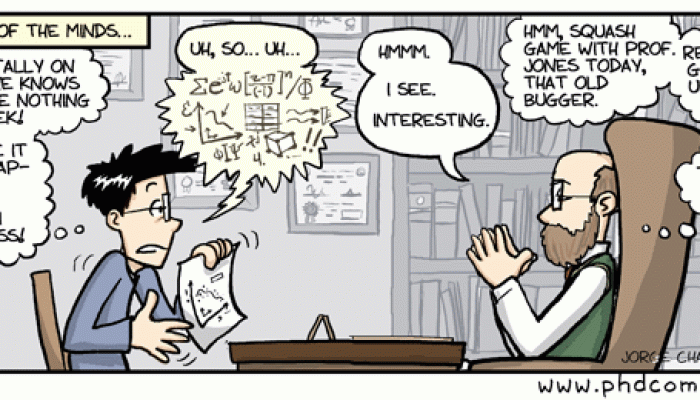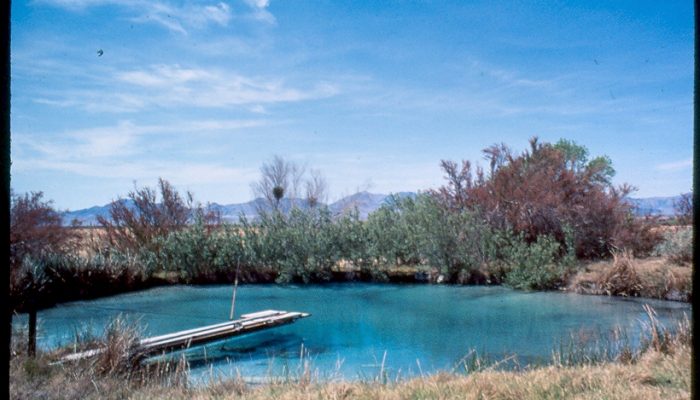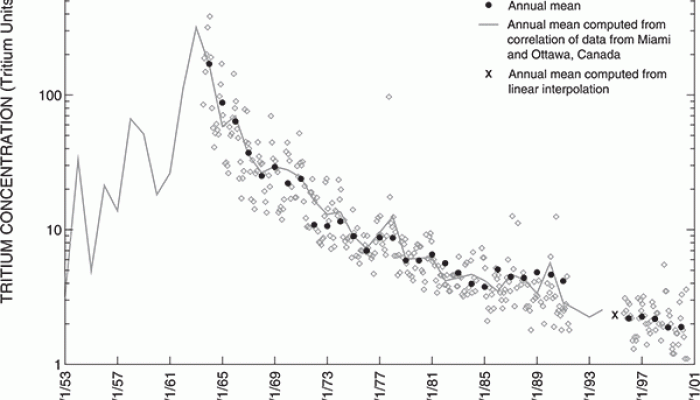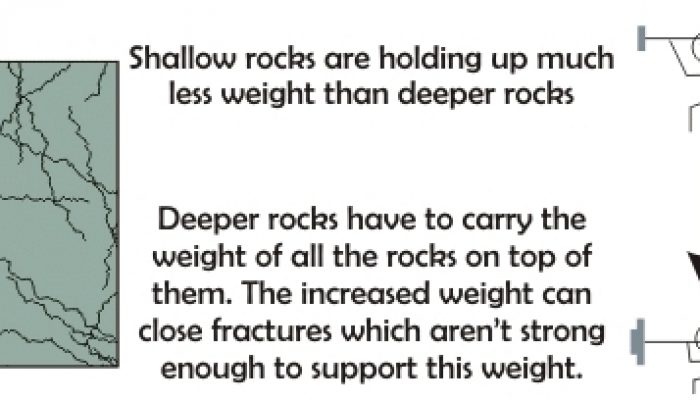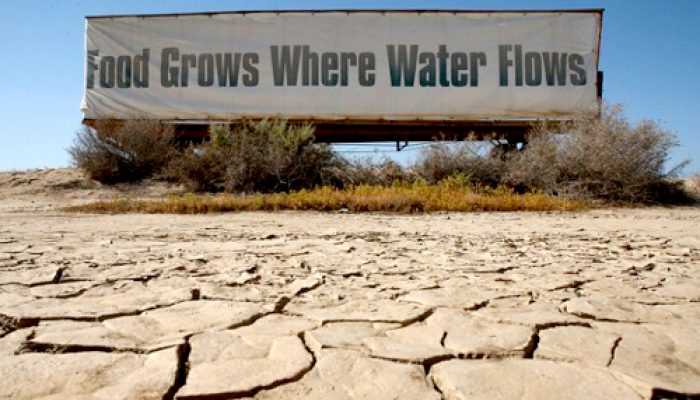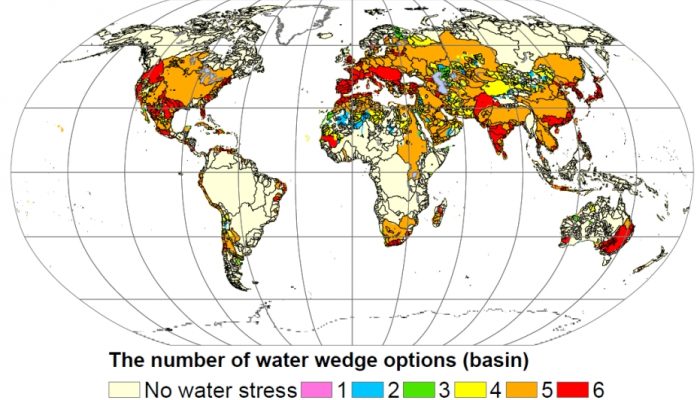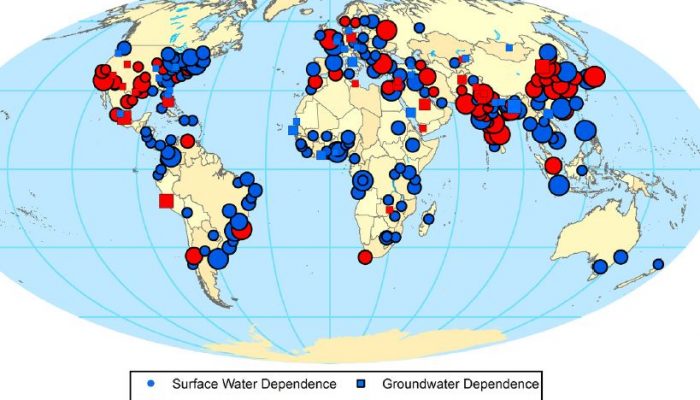I strive for effective, compassionate supervision and I clarify my goals, approach and expectations in my guidelines for graduate students (available here, from McGill’s best practices in supervision). As I wrote, most students enter a relationship with a thesis advisor without a clear idea of what they can expect so I compiled this handout to give you some idea of what I expect of you as st ...[Read More]
The Groundwater Wetlands and Bogs Study Group
The Groundwater Wetlands and Blogs Study Group is an unfunded, voluntary collaboration of professionals, formed in December 2012, focused on groundwater wetlands, bogs, and related systems. The Study Group has about 250 members in 39 countries. Study Group members communicate primarily through a disciplined Yahoo Group listserve. We are not a social network nor are we an environmental advocacy g ...[Read More]
Are we in the age of postmodern groundwater?
My humanities colleagues and friends are always talking about postmodernism or pomo for short (see this funny satire). I’ve been thinking a lot lately about ‘modern groundwater’ (stay tuned for a cool paper), so I started wondering if there is ‘postmodern groundwater’. Modern groundwater is groundwater recharged since the huge spike it tritium in the early 1960’s due to above ground th ...[Read More]
Groundwater is NOT photogenic!
One of the first things I realized when designing this blog was that groundwater is not photogenic, in the extreme. Seriously: I dare every hydrogeologist to go to google images and search ‘groundwater‘. You find something like this: I am not saying that I dislike conceptual models or think they are ugly. I actually quite like them, which maybe explains my current profession! But I ...[Read More]
What is the best journal to submit groundwater research this year?
We all know about the flaws of impact factors, including how they lead to citing recent research, self-citing etc. But I thought it would be handy to compile a list of journals where well-cited groundwater articles are most often published. Like it or not, I sometimes look up this information and I assume other people do to. The impact factor is certainly not the only factor I use to decide where ...[Read More]
Communicating research results through comics: is the permeability of crystalline rock in the shallow crust related to depth, lithology, or tectonic setting?
Mark Ranjram, a Masters student in my research group, wrote a paper on crystalline permeability that is coming out in a special edition of Geofluids on ‘Crustal Permeability’ early in 2015 (other cool papers in early view here). Here is Mark’s awesome response when I asked him if he wanted to write a plain language summary:
Is groundwater depletion keeping California fruit and veggies cheap during the severe drought?
Food prices in the United States are increasing slightly but not as significantly as one might expect given the severe drought in California. Margret Munro, a science journalist with Postmedia, recently asked me a great question: is groundwater depletion keeping California fruit and veggies cheap during the severe drought? Following up on her article, here is what I found and what it means for the ...[Read More]
Reducing water scarcity possible by 2050
Press release from McGill University of our research published yesterday in Nature Geoscience. Water scarcity is not a problem just for the developing world. In California, legislators are currently proposing a $7.5 billion emergency water plan to their voters; and U.S. federal officials last year warned residents of Arizona and Nevada that they could face cuts in Colorado River water deliveries i ...[Read More]
and we have a winner….Coolest Hydrogeology Paper of 2013 Winners announcement
From Matt Currell on Linkedin: It is with great pleasure that I can announce the winners of the first ever ‘coolest paper of the year’ competition, organised by the steering committee of the ECHN. Big congratulations to the authors of our winning paper: Şebnem Arslan et al: Environmental isotopes and noble gases in the deep aquifer system of Kazan Trona Ore Field, Ankara, central Turk ...[Read More]
One in four of world’s big cities water-stressed
From the McGill Newsroom As more people move to urban areas, cities around the world are experiencing increased water stress and looking for additional water supplies to support their continued grow. The first global database of urban water sources and stress, published online this week in Global Environmental Change, estimates that cities move 504 billion litres of water a distance of 27,000 kilo ...[Read More]

